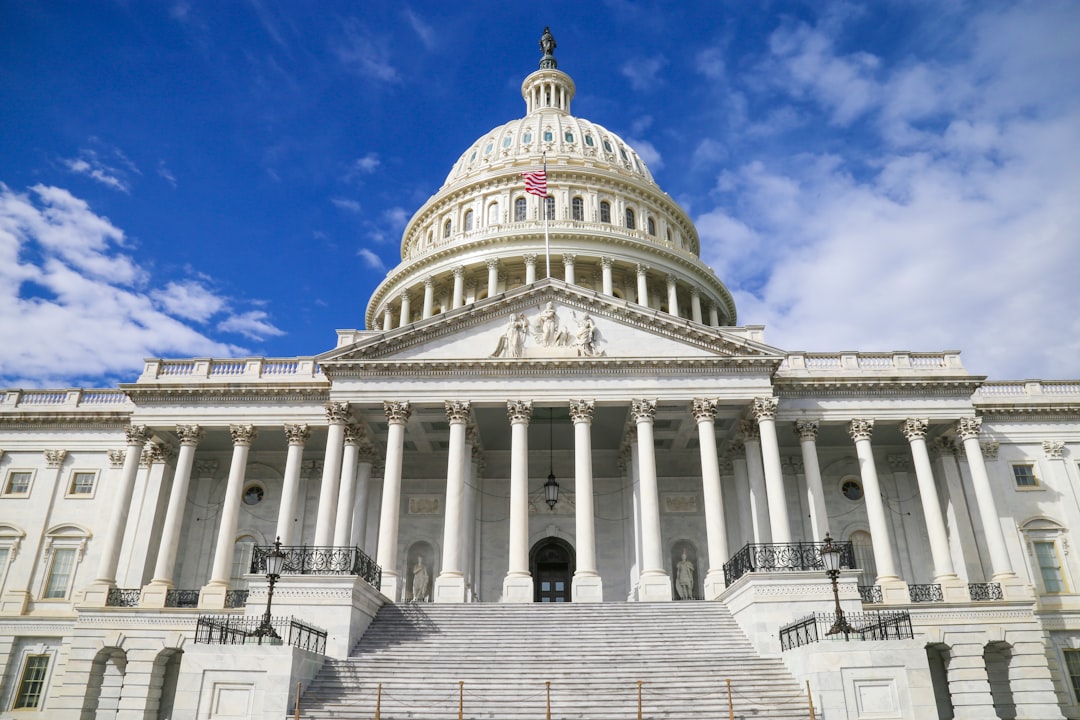In Washington state, the Statute of Limitations (SOL) for debt collection varies, with a general 4-year limit but exceptions like oral agreements, concealed debts, and fraudulent actions extending it. Student loans have no time limit. Debt collector Attorneys in Washington specialize in these complexities, guiding debtors and creditors to protect rights and navigate legal obligations fairly, especially regarding post-limitation actions.
“In Washington State, the Statute of Limitations (SOL) for debt collection plays a crucial role in protecting debtors’ rights. This article guides you through the intricacies of Washington’s debt collection laws, focusing on the SOL and its exceptions. From understanding the time limits debt collectors face to exploring scenarios where these limits don’t apply, we break down key aspects. Additionally, we discuss the implications for debtors when exceptions are involved and offer insights into post-limit legal actions, empowering you with knowledge alongside a debt collector attorney in Washington.”
Understanding Washington's Statute of Limitations for Debt Collection

In Washington state, the Statute of Limitations (SOL) for debt collection plays a crucial role in protecting consumers from relentless pursuit by debt collectors. The SOL dictates the period within which a creditor or debt collector can legally enforce a claim after the initial default. For written contracts, including those related to debts, the SOL is six years. This means that if a debt collector fails to bring legal action within this timeframe, the debtor’s obligations may be considered discharged. However, it’s essential to note that there are exceptions and nuances that can extend or modify this period, especially when dealing with specific types of debts or certain circumstances.
When a debtor consults a debt collector Attorney in Washington, understanding these limitations is vital. A skilled attorney can help navigate the complexities of the SOL, ensuring that both debtors’ rights and creditors’ legitimate claims are respected. They can also advise on exceptions like those related to oral agreements, hidden or concealed debts, and instances where the debtor has continuously acknowledged the debt, potentially extending the collection period.
Common Exceptions to the Time Limit in Washington State

In Washington State, the statute of limitations for debt collection claims typically follows a 4-year period from the date the cause of action accrued. However, several exceptions can extend or alter this time frame, creating complexities for both debtors and debt collectors. One common exception involves fraudulent representations or concealed information by the debtor, which can reset the clock on the statute of limitations. If a debt collector Attorney Washington encounters such instances, they may need to adjust their strategy accordingly.
Another notable exception pertains to student loans. Due to federal laws, the statute of limitations for collecting student loan debts in Washington is not four years but rather the duration of the loan repayment period plus an additional 3-5 years afterward. This extended time frame underscores the unique considerations surrounding student loan debt collection and highlights the importance of consulting a debt collector Attorney Washington who specializes in such cases to navigate these exceptions effectively.
When Does a Debt Collector Have Unlimited Time to Collect?

In Washington state, a debt collector generally has a limited time frame—typically three years—to file a lawsuit against an individual for collecting a debt. However, there are exceptions to this statute of limitations that can significantly extend the period during which a debt collector can pursue repayment. One notable exception pertains to student loans, where no statute of limitations applies. This means that even if you’ve been diligently avoiding payments for years, a debt collector can still take legal action to recover the money owed on your student loan at any time.
Another exception is when the debt involves fraud or false representation. If the original creditor can prove that you were misled into taking out a loan or making a purchase, the statute of limitations may not apply, allowing them—and subsequent debt collectors—to pursue the debt indefinitely. These exceptions highlight the complexities involved in Washington’s debt collection laws and underscore the importance of seeking guidance from a qualified debt collector Attorney Washington to understand your rights and options.
The Impact of Exception Clauses on Debtors' Rights

In Washington state, the statute of limitations for debt collection plays a pivotal role in protecting debtors’ rights. However, certain exception clauses within these laws can significantly alter the landscape for individuals facing debt recovery actions. These exceptions are designed to balance the rights of creditors while ensuring debtors are not unfairly burdened by outdated or forgotten debts. One notable exception involves hidden or fraudulent debts, where the statute of limitations may be extended if the debtor has engaged in deceptive practices.
Another crucial aspect is the role of a debt collector attorney in Washington. These legal professionals can guide both creditors and debtors through the complexities of these exceptions. For debtors, having an attorney can mean navigating potential pitfalls and understanding their rights when faced with aggressive debt collection tactics. Conversely, for creditors, a knowledgeable attorney ensures their claims remain valid and enforceable within the prescribed time frames, avoiding costly mistakes and legal battles.
Navigating Legal Actions Post-Limit: What You Need to Know

After the statute of limitations expires, a debt collector in Washington cannot take legal action to recover a debt through a lawsuit or wage garnishment. However, this does not mean that the debt is entirely wiped out. There are several exceptions and considerations to keep in mind when dealing with post-limitation legal actions.
If a debtor has made any payments on the debt after the statute of limitations period, it can extend the collection period. Additionally, if there is new consideration or an extension of credit after the limitation date, a debt collector may still have grounds to pursue collection activities. It’s crucial for both debtors and creditors to consult with a debt collector attorney in Washington to understand their rights and options when facing post-limitation legal actions.






